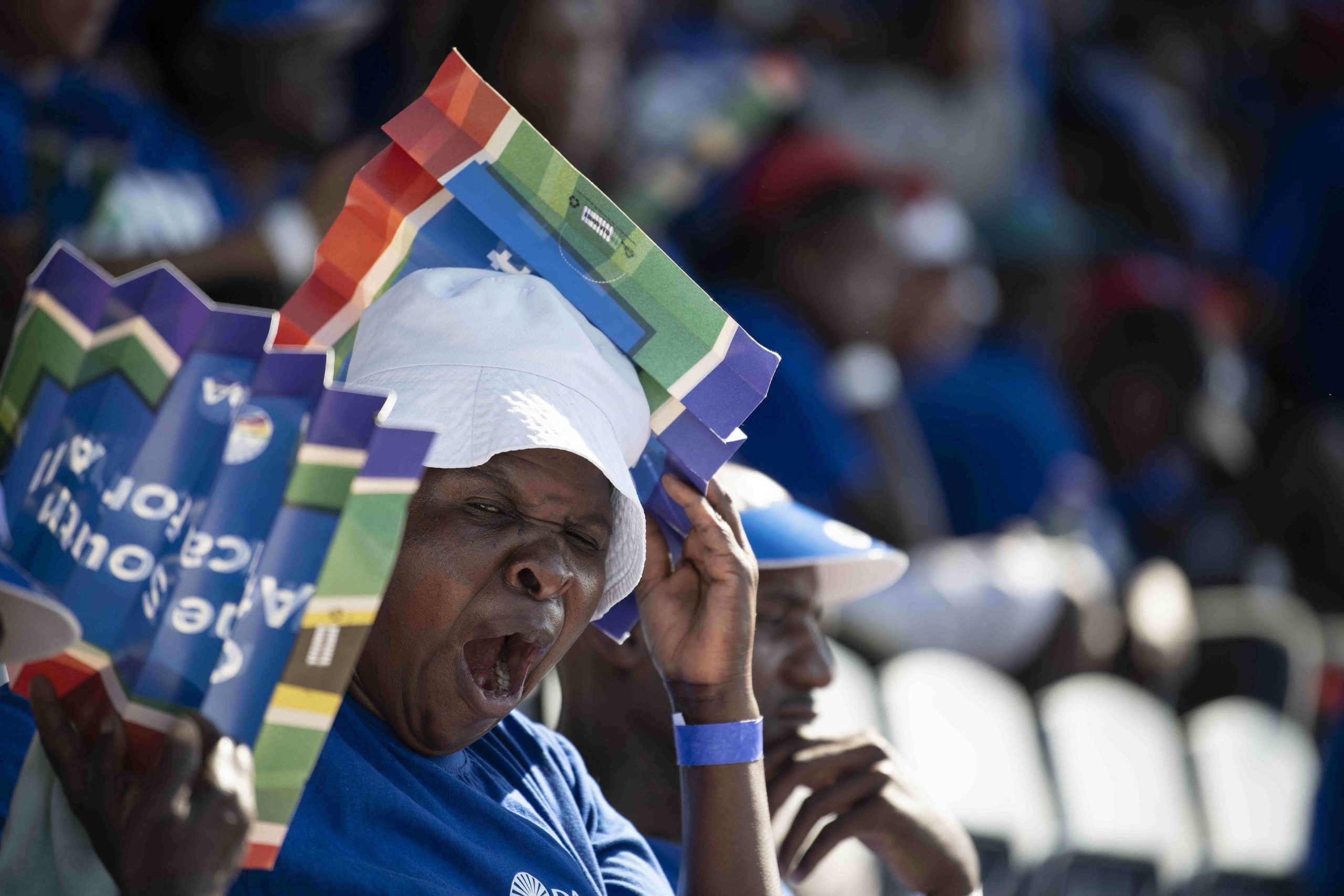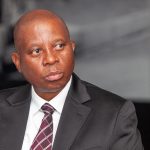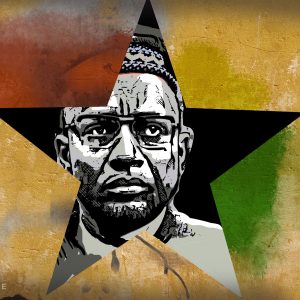White, liberal and ‘civilised’? The DA wants you
Recent developments in the party show that politically active black people are welcome only if they don’t dare to think for themselves and are prepared to follow, not lead.
Author:
15 October 2020

The DA may be pleased to learn that its story is, in a sense, that of post-1994 South Africa. It will be less pleased to hear that this makes it a symptom of a problem that has obstructed progress for a quarter of a century.
The party is busy with what looks very much like a war against politically active black people. It has decided at a policy conference that race is not a marker for disadvantage. So, the prejudices black people continue to face mean nothing. Senior DA officials use social media as a weapon against majority opinion. Helen Zille, its federal chair – and probable leader, if not in title – leads the charge with defences of colonialism and claims that there are more racial laws now than under apartheid. Her colleagues chip in with, for example, claims that ANC members of Parliament sing because they cannot think.
There is an important irony to Zille’s role in picking a fight with much of black opinion. It was her, when she led the party, who wooed black members and changed the DA’s racial complexion. Under her predecessor, Tony Leon, the DA was a party for racial minorities threatened by majority rule. Zille actively recruited black politicians and voters. The party of the suburbs took to dancing at its meetings and organising rallies and marches. Some black recruits gravitated to senior positions: Lindiwe Mazibuko became the parliamentary leader, Mmusi Maimane the party’s leader and Herman Mashaba the mayor of Johannesburg. Famously or infamously, Mamphele Ramphele was briefly recruited as its presidential candidate. The DA liked to boast that all but one of its nine provincial leaders were black.
Related article:
Much of this is unravelling. Mazibuko was pushed away, as was Patricia de Lille, once pictured on election posters with Zille. Maimane and Mashaba left, as did John Moodey, its former Gauteng leader. Moodey claims that just about all the black provincial leaders face disciplinary charges and Mbali Ntuli – who is challenging the DA establishment’s candidate, John Steenhuisen, for the party leadership – talks of a “toxic” atmosphere. (She is sure to lose, not because she is not competent and intelligent, but because she is. Ironically, Steenhuisen has appealed to voters to judge him on his political abilities, not his race. He is likely to be DA leader because his party judges him on his race, not his ability).
Retreating to the suburbs
Why has it given up on the majority and returned to its former role as the loud and angry voice of the mainly white suburbs? One theory is that the DA wants to win back the votes it shed to the Freedom Front Plus – ostensibly on its right – in 2019. But while this may be part of the reason, Mazibuko and De Lille were pushed away and Zille began antagonising black opinion before the election. Another is that the traditional DA, the one that Leon headed, has fought back to reclaim the party for “liberal”, (read suburban), values. This is true, but why has it succeeded?
The answer is that the DA has been an unwitting laboratory of one of the key realities in post-1994 South Africa. The influx of black members created a dynamic that the DA’s white, suburban hierarchy did not enjoy. First, black DA members, some of whom appear to have formed a black caucus, wanted it to recognise that racism remains a reality in post-apartheid South Africa, something the liberal establishment struggles to accept. Second, alliances with the EFF, for obvious reasons, offended DA power holders. Third, black leadership figures tended to speak and act in ways the hierarchy disliked.
Related article:
So far, the story may seem to be one in which Zille, in an attempt to make the party more palatable to black people, ran afoul of the white old guard who found Leon (whose greatest disappointment seems to be that he was not born in Britain or America) an ideal leader. But it was Zille who led the charge against the black leadership she had brought into the party. Why did she turn on her own strategy? Because, surely, she had hoped that the black recruits would slot into the attitudes and behaviours of the white party they were joining. And, as it is often claimed that Zille fell out with Mazibuko and De Lille because they would not follow her lead, she and those who supported her may also have expected black leaders to do as they were told by the whites who had always run the party.
Civilisation according to the DA
Almost half a century ago, political philosopher Rick Turner wrote that South African white liberals “believe that ‘Western civilisation’ is superior to other forms, but also that blacks can, through education, attain the level of Western civilisation”. The DA saga confirms his view. “Western civilisation” here means the views and world of white suburban liberals (who, Turner also wrote, are “white first, liberal second”).
Zille and her allies hoped that black politicians who joined the party had been educated in the ways of “civilisation”. Once they found that these party members insisted on thinking for themselves and reflecting their own experiences, they became too much to bear. As they had been judged not “civilised” enough – not wedded enough to white liberal values – they became a threat, not an asset. If seeking majority support meant ditching “civilisation”, it was not worth it.
There are important parallels between the DA story and that of post-1994 South Africa. While the settlement of 1993 extended rights to all, it did not change the core patterns of the economy and society. The result has not been a society tailored to the black majority, it has been one in which much has changed but whose goal has been to shoehorn as many black people as possible into the world whites created under apartheid.
Related article:
In the economy, this has meant that opportunities have opened not to all, but to as many black people as can be crammed into the business world that existed in 1994. The universities, as the educationist James Moulder pointed out in the early years of change, have expected black students to change to fit in with them so that they do not need to change to fit the needs of black students. The pattern has been repeated in most other areas of national life.
Predictably, this has frustrated black businesspeople, professionals, students, academics… any black person who has made it into the areas of life denied to the majority under apartheid, only to find that they are meant to fit into rules and attitudes shaped by others. Like black DA politicians, they have found that the world they have entered expects them to play by the rules of those who inhabited them before 1994. Like them, it finds this second-class status difficult to bear.
The DA has the luxury of deciding it can do without the majority of South Africans if they don’t fit into the party. The country does not. The DA saga is another reminder that the past quarter of a century has been about expecting the majority to slot into, but not change, what exists. The future must be about changing the country to fit the majority, not expecting the majority to change to fit the country.



